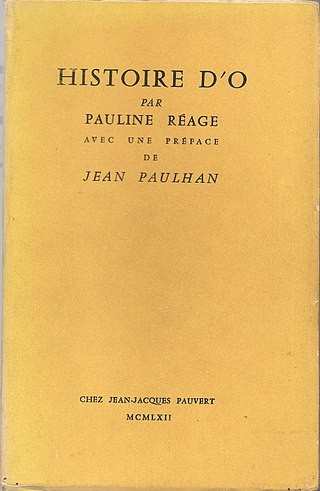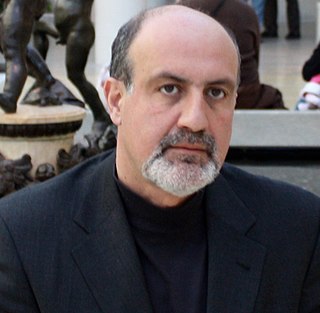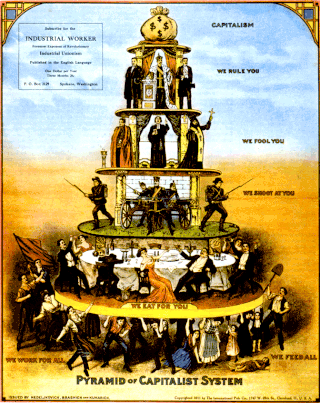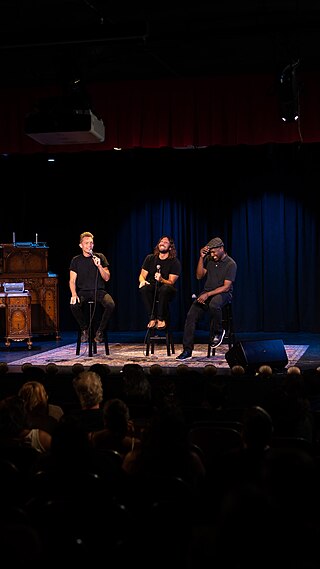
Persuasion or persuasion arts is an umbrella term for influence. Persuasion can influence a person's beliefs, attitudes, intentions, motivations, or behaviours.

Story of O is an erotic novel written by French author Anne Desclos under the pen name Pauline Réage, with the original French text published in 1954 by Jean-Jacques Pauvert.

A handshake is a globally widespread, brief greeting or parting tradition in which two people grasp one of each other's hands and in most cases accompanied by a brief up-and-down movement of the grasped hands. Customs surrounding handshakes are specific to cultures. Different cultures may be more or less likely to shake hands, or there may be different customs about how or when to shake hands.
Cold reading is a set of techniques used by mentalists, psychics, fortune-tellers, and mediums. Without prior knowledge, a practiced cold-reader can quickly obtain a great deal of information by analyzing the person's body language, age, clothing or fashion, hairstyle, gender, sexual orientation, religion, ethnicity, level of education, manner of speech, place of origin, etc. during a line of questioning. Cold readings commonly employ high-probability guesses, quickly picking up on signals as to whether their guesses are in the right direction or not, then emphasizing and reinforcing chance connections and quickly moving on from missed guesses. Psychologists believe that this appears to work because of the Barnum effect and due to confirmation biases within people.

Guerrilla marketing is an advertisement strategy in which a company uses surprise and/or unconventional interactions in order to promote a product or service. It is a type of publicity. The term was popularized by Jay Conrad Levinson's 1984 book Guerrilla Marketing.
Reverse psychology is a technique involving the assertion of a belief or behavior that is opposite to the one desired, with the expectation that this approach will encourage the subject of the persuasion to do what is actually desired. This technique relies on the psychological phenomenon of reactance, in which a person has a negative emotional reaction to being persuaded, and thus chooses the option which is being advocated against. This may work especially well on a person who is resistant by nature, while direct requests work best for people who are compliant. The one being manipulated is usually unaware of what is really going on.

A trailer is a commercial advertisement, originally for a feature film that is going to be exhibited in the future at a movie theater or cinema. It is a product of creative and technical work.

Nassim Nicholas Taleb is a Lebanese-American essayist, mathematical statistician, former option trader, risk analyst, and aphorist whose work concerns problems of randomness, probability, and uncertainty.

"Instant Karma!" is a song by English rock musician John Lennon, released as a single on Apple Records in February 1970. The lyrics focus on a concept in which the consequences of one's actions are immediate rather than borne out over a lifetime. The single was credited to "Lennon/Ono with the Plastic Ono Band", apart from in the US, where the credit was "John Ono Lennon". The song reached the top five in the British and American charts, competing with the Beatles' "Let It Be" in the US, where it became the first solo single by a member of the band to sell a million copies.
Mass communication is the process of imparting and exchanging information through mass media to large population segments. It utilizes various forms of media as technology has made the dissemination of information more efficient. Primary examples of platforms utilized and examined include journalism and advertising. Mass communication, unlike interpersonal communication and organizational communication, focuses on particular resources transmitting information to numerous receivers. The study of mass communication is chiefly concerned with how the content and information that is being mass communicated persuades or affects the behavior, attitude, opinion, or emotion of people receiving the information.
Neil Clark Warren is an American clinical psychologist, Christian theologian, seminary professor and co-founder of the online relationship sites eHarmony and Compatible Partners.
Normalcy bias, or normality bias, is a cognitive bias which leads people to disbelieve or minimize threat warnings. Consequently, individuals underestimate the likelihood of a disaster, when it might affect them, and its potential adverse effects. The normalcy bias causes many people to prepare inadequately for natural disasters, market crashes, and calamities caused by human error. About 80% of people reportedly display normalcy bias during a disaster.
William Henry Stevenson was a British-born Canadian author and journalist.

Propaganda techniques are methods used in propaganda to convince an audience to believe what the propagandist wants them to believe. Many propaganda techniques are based on socio-psychological research. Many of these same techniques can be classified as logical fallacies or abusive power and control tactics.

David Meerman Scott is an American online marketing strategist and author of several books on marketing, including The New Rules of Marketing and PR.
Slow parenting is a parenting style in which few activities are organised for children. Instead, they are allowed to explore the world at their own pace. It is a response to concerted cultivation and the widespread trend for parents to schedule activities and classes after school; to solve problems on behalf of the children, and to buy services from commercial suppliers rather than letting nature take its course.

The Minimalists are American authors, podcasters, filmmakers, and public speakers Joshua Fields Millburn and Ryan Nicodemus, who promote a minimalist lifestyle. They are known for the Netflix documentaries Minimalism (2016) and the Emmy-nominated Less Is Now (2021); the New York Times bestselling book Love People, Use Things (2021); The Minimalists Podcast; and their minimalism blog. Educator T.K. Coleman joined The Minimalists as podcast co-host in August 2022.
Call to action (CTA) is a marketing term for any text designed to prompt an immediate response or encourage an immediate sale. A CTA most often refers to the use of words or phrases that can be incorporated into sales scripts, advertising messages, or web pages, which compel an audience to act in a specific way.

Nick Morgan is an American speaking coach and author.

Chief Culture Officer (2009) is the eighth book by Canadian author and anthropologist Grant McCracken. The book looks at how modern business attempt to connect with culture. In the author's analysis he considers examples such as Dove's campaign for real beauty, and the I Love New York advertising campaign.












